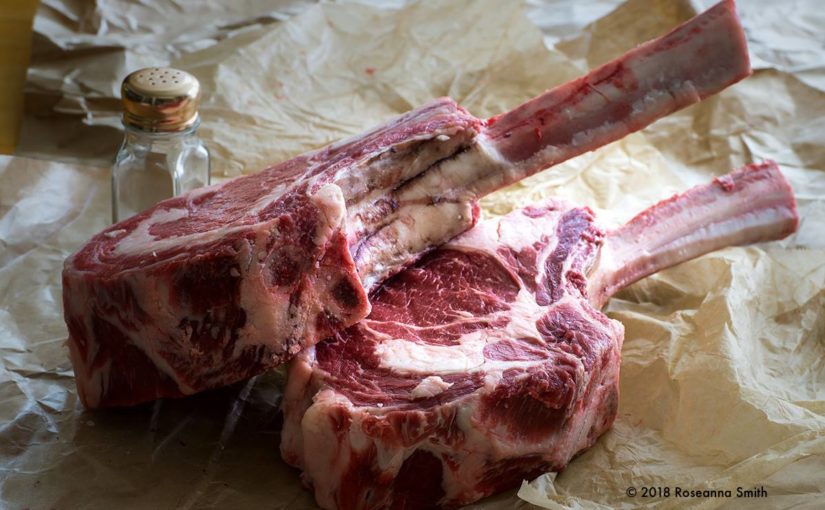The Facultative Carnivore
How choosing a diet of exclusively meat–not plants!–can restore your health.
(A hypertext book-in-progress)
Some low carb dieters are turning to an all-meat, “zero-carb” diet, claiming it can take your health to the next level. This book explains why that’s not actually crazy, whether and how to try it out, and what the science really says about meat and plants.
Even before the Atkins Diet heyday in the 1970’s, many popular weight loss plans have leveraged the fat burning power of ketosis to enhance results. Nonetheless, misplaced concerns about the health effects of animal fat and protein have led to a movement toward more plant-based approaches, even within the low carbohydrate diet community. Moreover, there is widespread misunderstanding of the metabolic state of ketosis itself, leading to fears about long term effects.
It may come as a surprise then, that a growing number of people, dissatisfied with the failures of conventional medicine and meeting only partial success with low carbohydrate diets, have found astonishing health benefits from eschewing plants altogether in favor of a diet consisting of exclusively meat and other animal sourced foods. While the necessary research required to verify the robustness of these results has yet to be carried out, the number of anecdotes is too large to ignore, and includes numerous reports of full or partial remission of common conditions considered incurable, such as arthritis, inflammatory bowel disease, and recurrent depression.
In this book, I describe my own journey from my mostly vegetarian and eventually vegan beginnings to my current carnivorous lifestyle. In an unexpected turn of events, a whimsical foray into eating only meat eliminated not just my excess weight, but all symptoms of my then-progressing bipolar disorder. Faced with this perplexing result, I turned my study from mathematics, linguistics, and cognitive psychology to the subjects of nutrition, physiology, biochemistry, and anthropology. Drawing from these fields, I will show how:
- Recommendations to eat a large and varied amount of fruits and vegetables are based on inconclusive and questionable science
- Heavy reliance on animal sourced foods, including animal fat, was critical to the evolution of our brains
- Ketosis is not only natural, but is normally involved in human brain development before and after birth
- Evolutionary forces shaping plants have resulted in some less than savoury health effects
- Removing plants from the diet altogether may improve your health
But first, I will walk you through the basics of a carnivorous diet of the type I have thrived on for a decade: how to start, what to eat, and what not to worry about.
The word facultative comes from faculty, meaning “ability”, or “choice”. Intuitively, it sounds like facultative carnivore should mean an animal that merely has the ability to eat meat. In fact, biologically, a facultative carnivore is primarily a meat-eater, and does not thrive without animal foods. What makes a carnivore facultative is its special ability to subsist for a time on just plant foods. It’s a useful adaptation for survival. Humans, like dogs, are facultative carnivores.
However, we do as humans have choice in what we eat, whether to thrive or merely survive. I am a carnivore by choice; a facultative carnivore in both senses.
Continue to Chapter 1
